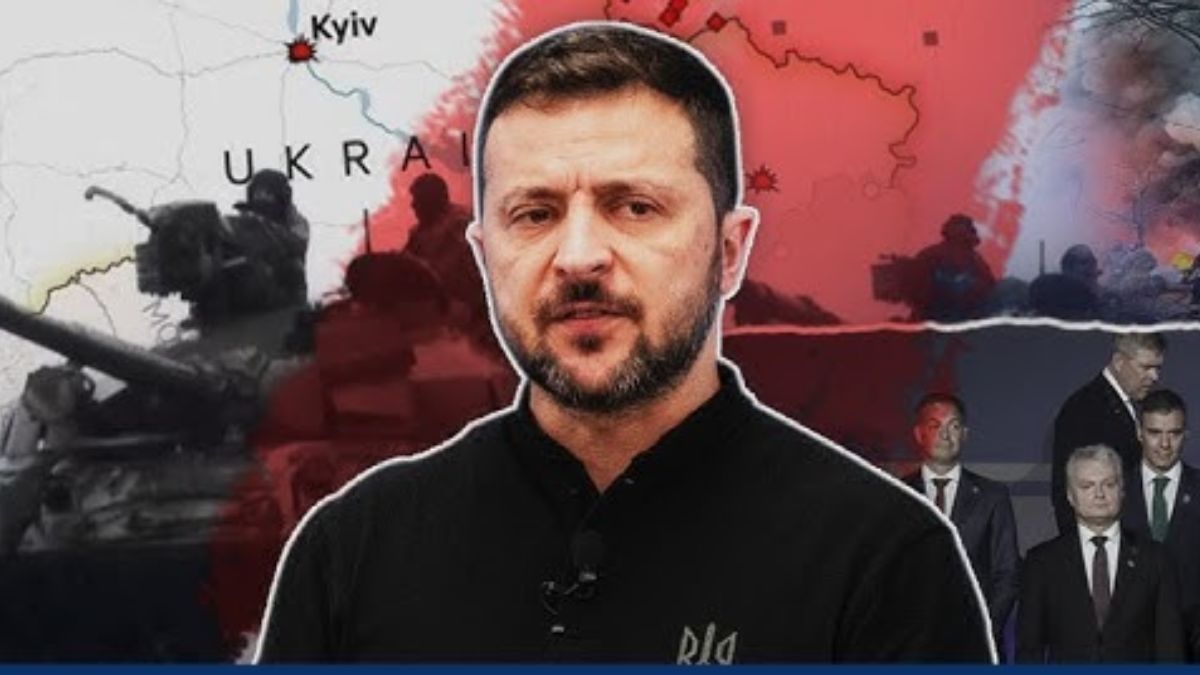Ukrainian President Volodymyr Zelenskyy said that for his country and Russia to wind down the most intense phase of the war, the two must agree to halt attacks on civilian energy and food infrastructure.
Zelenskyy said progress on that front — as well as potential US efforts after next month’s presidential election — could signal that “Russia is ready to end the war,” Politico reported.
While Russia frequently strikes Ukraine’s power plants, Kyiv has attacked electricity substations in Russian border regions and bombed Russian refineries and oil depots.
“In other words: we do not attack their energy; they do not attack our energy. Does this lead to the end of the hot stage? I think so,” Zelenskyy said. Ukraine faces a challenging winter after Russia escalated attacks on power stations and transmission facilities, the report said.
“If we agree together with partners … that the parties do not strike energy infrastructure, it will mean de-escalation,” Zelenskyy said.
Zelenskyy cautioned that an agreement not to attack energy and food infrastructure would not end the broader war.
“This does not mean they will not use drones against some of our military targets, and we will not attack their military targets,” he said.
However, he said talks with the Kremlin could help set the stage for broader peace negotiations.
“Diplomacy. Any negotiations, I believe, will mean another stage of the war. This does not mean there are no defensive or offensive actions. But in any case, when diplomatic steps are taken, it leads to the end of the hot stage of the war,” Zelenskyy said.
Impact Shorts
More ShortsThe push is part of Zelenskyy’s broader effort to seek an end to the conflict, as he promotes his peace plan in Washington and across Europe.
The plan includes securing a strong security guarantee through North Atlantic Treaty Organisation (Nato) membership, fast-tracked weapons supplies, no restrictions on striking targets inside Russia, and a robust non-nuclear deterrence package. It also calls for international pressure on Russia to adhere to international law.
The idea, he said, is to show Russian President Vladimir Putin that, as the war enters its third year, victory is unattainable and that talks could make sense.
However, Zelenskyy’s recent European trip yielded no Nato invitation and no removal of the ban on long-range strikes, prompting him to explore other ways to mitigate the war’s impact.
For now, Moscow has shown no willingness to back away from its demands that Ukraine cede territory, demilitarise, grant special rights to Russian speakers, and “de-Nazify,” effectively requiring Kyiv’s capitulation.


)

)
)
)
)
)
)
)
)



